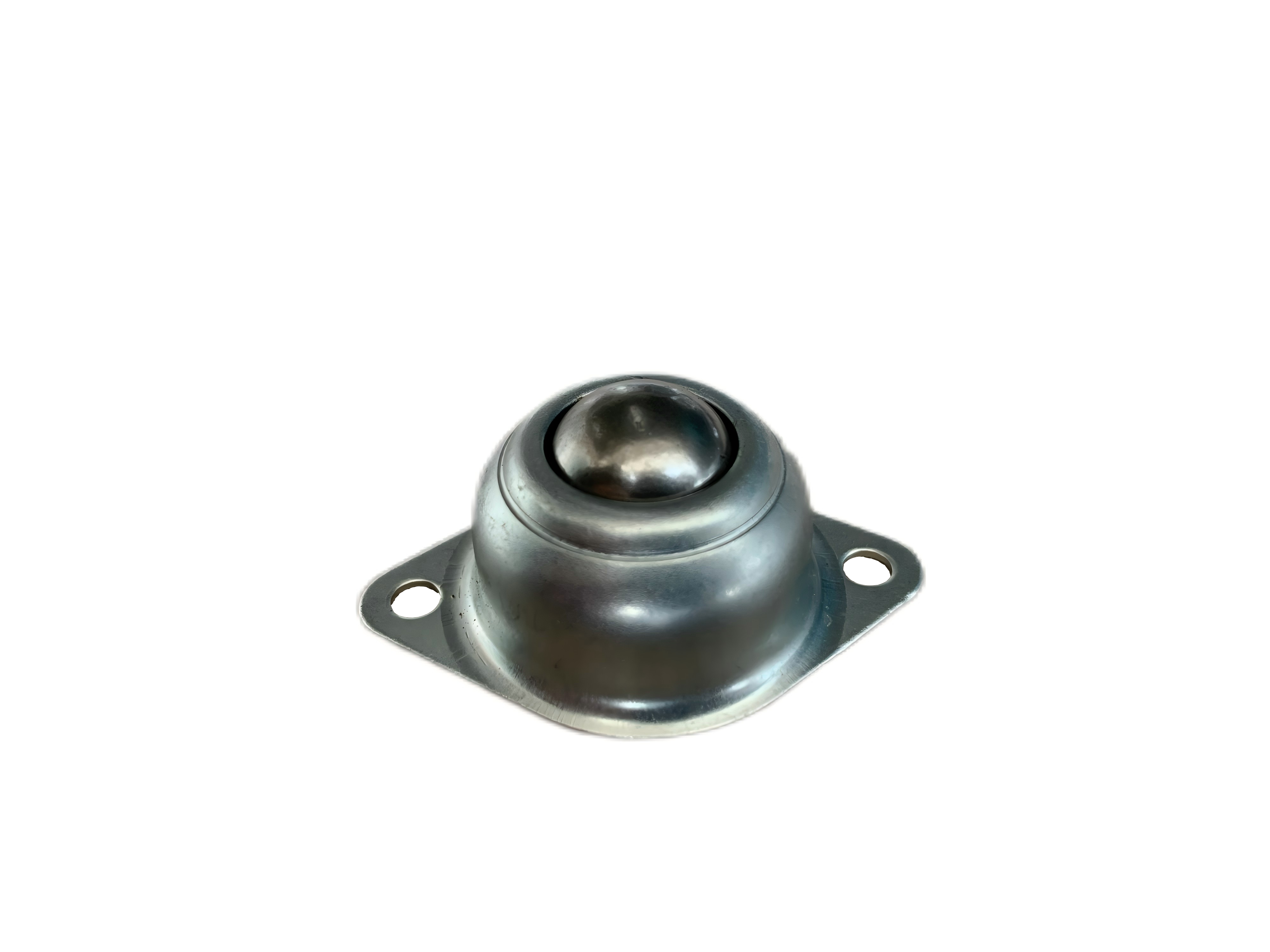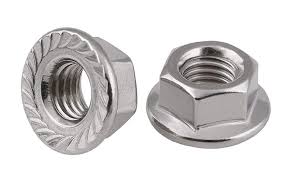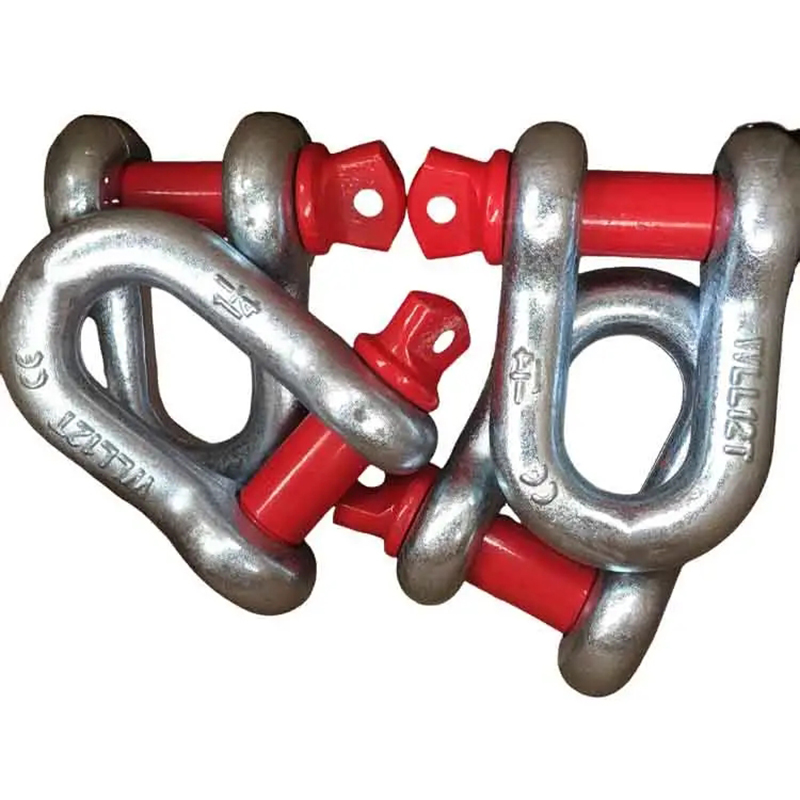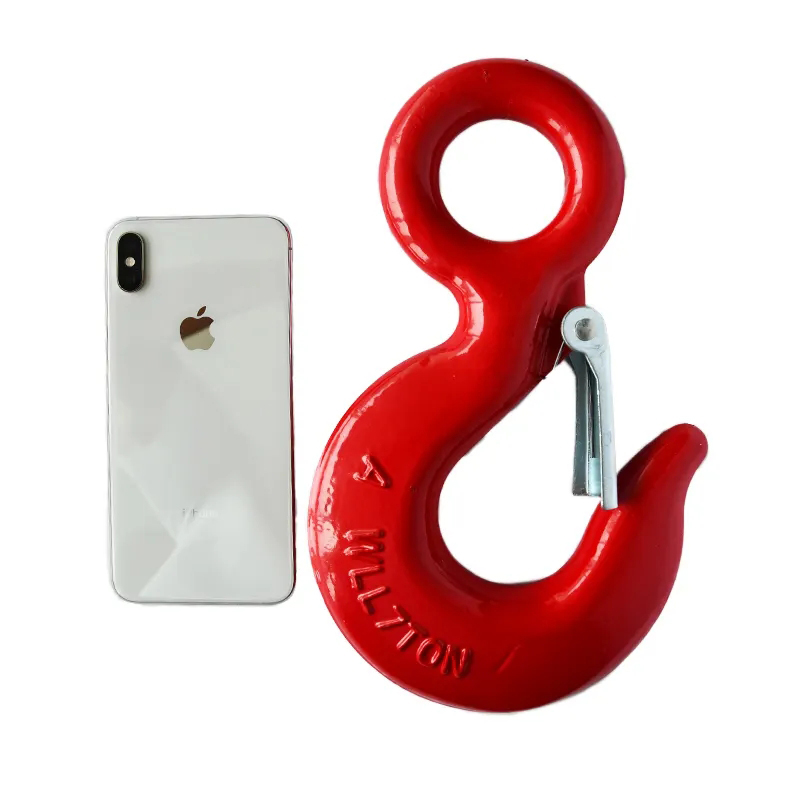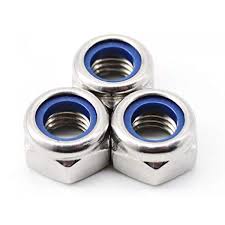Finding the Right Nuts and Bolts Manufacturers for Your NeedsThis comprehensive guide helps you navigate the world of nuts and bolts manufacturers, offering insights into selecting the ideal supplier for your specific requirements. We cover key factors to consider, including material types, manufacturing processes, certifications, and more, ultimately guiding you towards making informed decisions.
Understanding Your Needs: The Foundation of Choosing a Nuts and Bolts Manufacturer
Before embarking on your search for
nuts and bolts manufacturers, it's crucial to define your precise needs. Several key factors will influence your decision:
1. Material Requirements
The material of your
nuts and bolts will significantly impact their performance and application. Common materials include:
Steel: Offers high strength and durability, suitable for various applications. Different grades of steel exist, each with varying properties (e.g., carbon steel, stainless steel).
Stainless Steel: Known for its corrosion resistance, making it ideal for outdoor or humid environments. Grades like 304 and 316 offer varying levels of corrosion resistance.
Aluminum: Lightweight and corrosion-resistant, often preferred in aerospace and automotive applications where weight reduction is crucial.
Brass: Offers excellent corrosion resistance and electrical conductivity, suitable for applications requiring these properties.
2. Manufacturing Processes
Understanding the manufacturing processes employed by potential
nuts and bolts manufacturers is vital for ensuring quality and consistency. Common methods include:
Cold Heading: A cost-effective process ideal for high-volume production of smaller fasteners.
Hot Forging: Used for larger fasteners and those requiring greater strength and precision.
Machining: Offers high precision and customizability but is generally more expensive than other methods.
3. Size and Specifications
Precise measurements are essential when selecting
nuts and bolts. Consider factors such as:
Thread type: Metric, Unified National Coarse (UNC), Unified National Fine (UNF), etc.
Diameter: Measured in millimeters or inches.
Length: Measured in millimeters or inches.
Head style: Hex, pan, button, etc.
4. Certifications and Quality Standards
Reputable
nuts and bolts manufacturers adhere to various industry standards and certifications, ensuring product quality and consistency. Look for certifications like ISO 9001, indicating adherence to quality management systems.
Finding Reliable Nuts and Bolts Manufacturers: A Step-by-Step Guide
Finding the right supplier requires careful research and evaluation.
1. Online Research
Utilize online search engines and industry directories to identify potential
nuts and bolts manufacturers. Pay attention to company websites, reviews, and case studies.
2. Requesting Quotes and Samples
Contact several manufacturers, providing detailed specifications for your required
nuts and bolts. Request quotes and samples to assess quality and compare pricing.
3. Evaluating Manufacturer Capabilities
Investigate the manufacturer's production capacity, technological capabilities, and quality control procedures. A site visit can be beneficial for larger orders.
4. Negotiating Terms and Conditions
Carefully review contracts, paying close attention to payment terms, delivery schedules, and warranty provisions.
Beyond the Basics: Advanced Considerations
For more complex projects or specialized needs:
1. Material Testing and Certifications
For critical applications, request material test reports and certifications to verify that the
nuts and bolts meet the required specifications.
2. Customized Solutions
Some
nuts and bolts manufacturers offer customized solutions, allowing you to tailor your fasteners to specific application requirements.
Choosing the Right Partner: A Final Thought
Selecting the right
nuts and bolts manufacturers is a crucial decision affecting project success. By carefully considering your needs, conducting thorough research, and evaluating potential suppliers, you can ensure a reliable supply of high-quality fasteners. For high-quality fasteners and exceptional service, consider exploring options from reputable companies like
Hebei Dewell Metal Products Co., LTD. They offer a wide range of
nuts and bolts, catering to diverse industrial needs.
| Material | Advantages | Disadvantages |
| Steel | High strength, durable, cost-effective | Susceptible to corrosion |
| Stainless Steel | Excellent corrosion resistance | Higher cost than steel |
| Aluminum | Lightweight, corrosion resistant | Lower strength than steel |
(Note: This information is for general guidance only. Always consult with a
nuts and bolts manufacturer for specific product details and application advice.)






